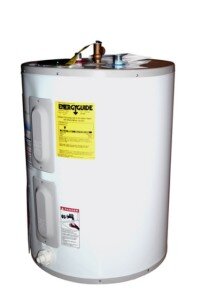Did you know that more than three-quarters of all HVAC repairs could be prevented by taking proactive steps, such as regular maintenance? By scheduling maintenance in the spring for your cooling system and in the fall for your heating system, you'll avoid unnecessary problems and enjoy enhanced comfort throughout the year. If you haven't kept up with HVAC maintenance, the signs below will help you know when it's time to have your system serviced.
Poor Airflow
When you turn on your A/C system, you may feel very little air pressure coming out of your vents. Several A/C issues can cause little or no airflow, including:
A malfunctioning fan
Ductwork problems
A faulty compressor
Besides making your home feel uncomfortable, poor airflow could also cause severe damage to your system. You'll need to contact a professional to check the system and provide the right diagnosis, as well as reliable repairs, if necessary.
Unusually High Energy Bills
Have you received an abnormally high electricity bill? Most probably, your system isn't operating as efficiently as it ought to be and needs to be checked. Make sure you schedule a system tuneup to fix the issue before the next power bill arrives.
Strange Noises
It's normal for your HVAC system to make some noise when it's running. However, unusual sounds like a hissing furnace or loud banging inside your air conditioner can be signs of a significant issue. Have the unit tuned up right away, or you risk having to buy a new one if you neglect the problem for too long.
Age
HVAC systems are usually designed to last for around 10 years. With regular maintenance, they can last even longer. If your system was installed more than a decade ago, you should contact a service person to tune it up.
Timely HVAC maintenance will protect your system's life span and save you money by preventing costly repairs. If you need HVAC maintenance in the Broken Arrow area, contact us at Air Assurance. We offer an Extended Service Plan that gives you peace of mind knowing we'll service your system every year. The plan also entitles you to priority service and a 15% discount on repairs.









